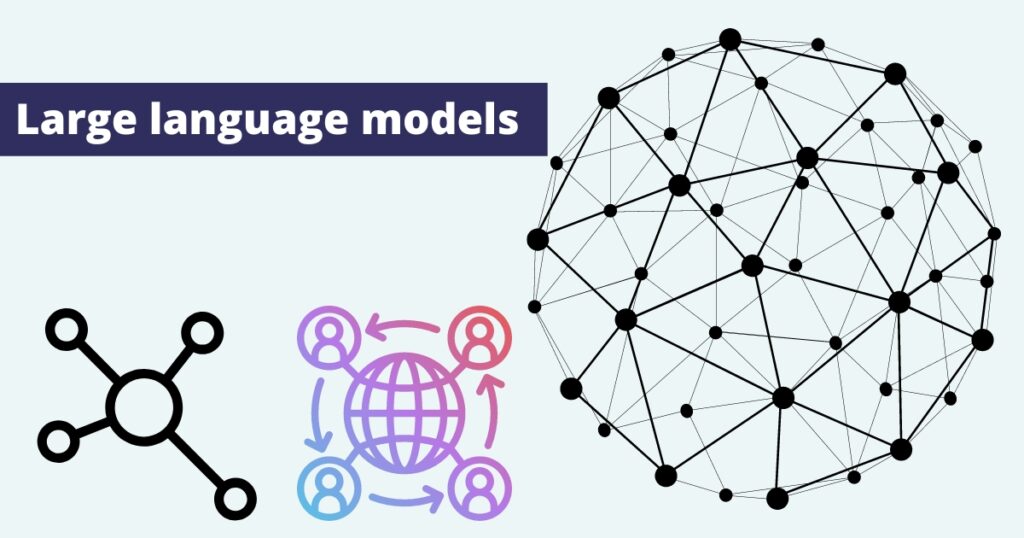Large language models (LLMs) are a type of artificial intelligence (AI) that are trained on massive datasets of text and code. They can generate text, translate languages, write different kinds of creative content, and answer your questions in an informative way.
In January 2023, Springer Nature, the world’s largest academic publisher, announced that it would no longer allow LLMs to be credited as authors on research papers published in its journals. This decision has raised important questions about the role of AI in scientific research and the need to ensure its responsible use.
Table of Contents
Why LLMs Are Not Moral Agents
LLMs are not moral agents because they cannot understand or make moral judgments. They are simply machines that are trained to generate text that is similar to human-written text. They cannot understand the meaning of the text they generate, and they cannot be held accountable for the accuracy or reliability of their results.
Giving LLMs authorship credit would be misleading because it would suggest that they are capable of taking responsibility for their work. This could undermine the integrity of scientific research and could lead to the publication of misleading or fraudulent research.
It is important to distinguish between human-generated research and AI-generated research so that readers can be aware of the potential biases and limitations of AI-generated research.
It is also important to ensure that the results of AI-generated research are properly vetted by humans to ensure their accuracy and reliability.
The Risks of Giving LLMs Authorship Credit

Undermining the integrity of scientific research
Giving LLMs authorship credit could undermine the integrity of scientific research by making it difficult to distinguish between human-generated research and AI-generated research. This could lead to the publication of misleading or fraudulent research.
Creating conflicts of interest
Giving LLMs authorship credit could create conflicts of interest. For example, a company that develops an LLM could have a financial incentive to publish research that is favorable to its product.
Potential benefits of using LLMs in scientific research
Increased speed and efficiency
LLMs can be used to automate tasks that are currently performed by humans, such as data cleaning and analysis. This could free up human researchers to focus on more creative and strategic work.
Generation of new insights
LLMs can be used to generate new hypotheses and insights that might not have been possible to identify through traditional methods.
Improved decision-making
LLMs can be used to analyze large amounts of data to identify patterns and trends that can help researchers make better decisions.
Improved collaboration
LLMs can be used to facilitate collaboration between researchers from different disciplines. This can help to break down silos and accelerate the pace of discovery.
Reduced bias
LLMs can be used to identify and remove bias from research data. This can help to ensure that research findings are more accurate and reliable.
It is important to note that the benefits of using LLMs in scientific research will depend on the specific application. However, there is potential for LLMs to revolutionize the way we conduct research.
Conclusion
The decision by Springer Nature to ban LLMs from being credited as authors is a significant one. It is a sign of the growing awareness of the challenges posed by AI in scientific research. However, it is important to note that LLMs can still be a valuable tool for scientific research. It is important to use LLMs responsibly and ethically, and to ensure that their results are properly vetted.
The future of LLMs in scientific research is uncertain. However, they have the potential to revolutionize the way we conduct research. It is important to have a thoughtful discussion about the role of AI in scientific research and to develop guidelines for its responsible use.
You might also like this articles
The Benefits of Using PrivateGPT
What Will Artificial Intelligence Be Like 100 Years From Now?
